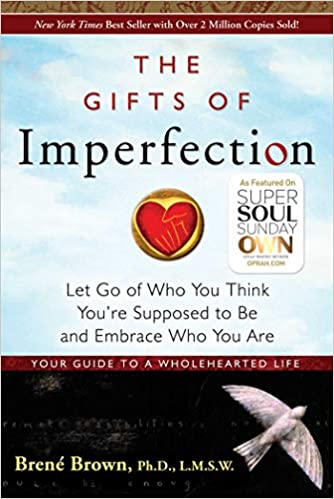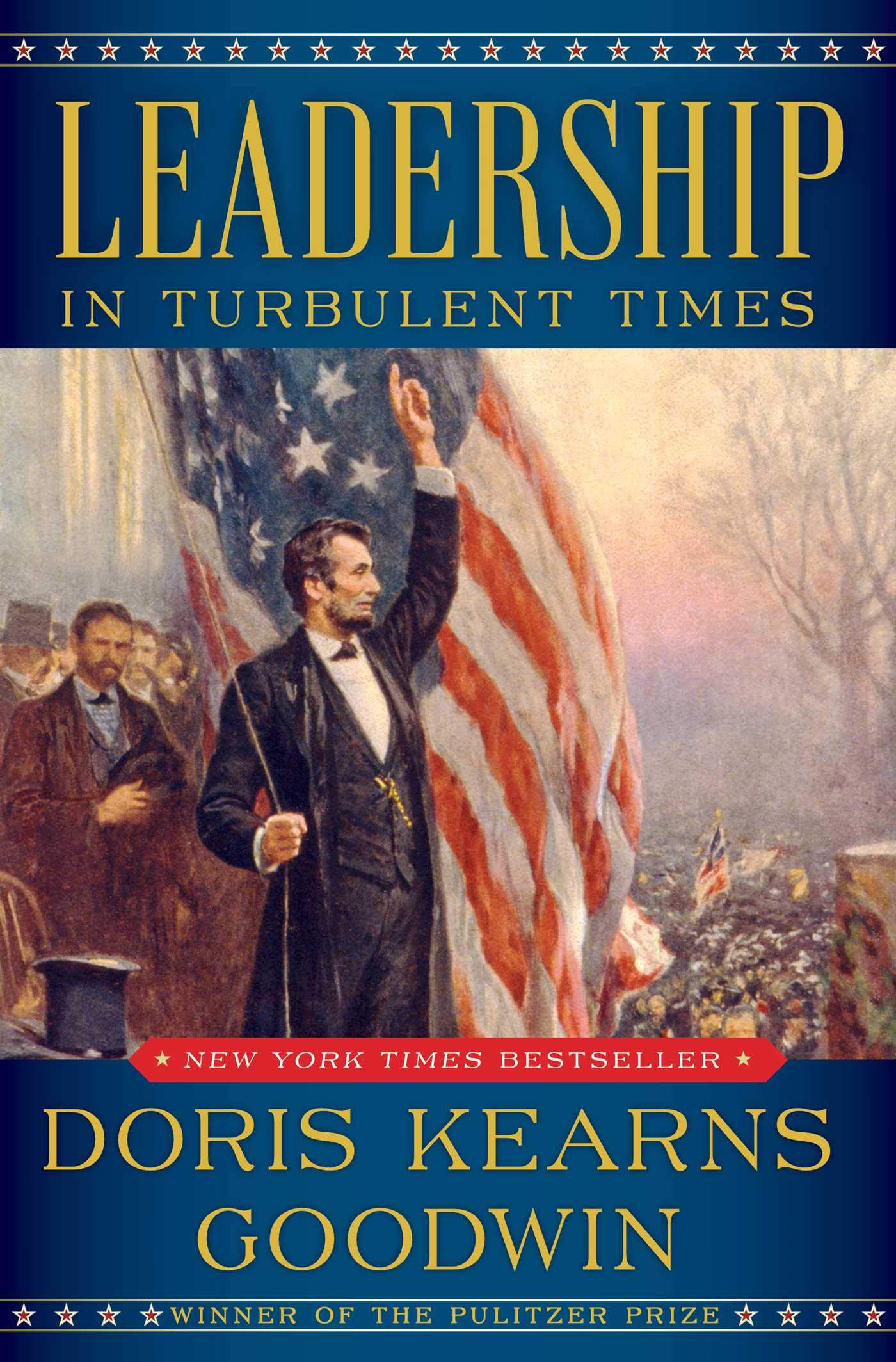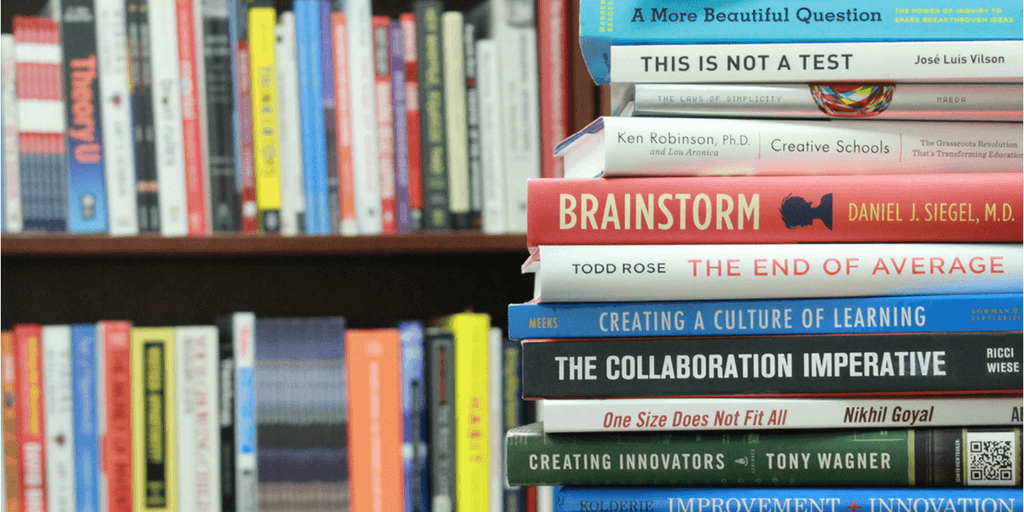
Breaking The Habit of Being Yourself: How to Lose Your Mind and Create a New One
Dr. Joe Dispenza
Learner-centered transformation requires a mindset shift. And, a belief that minds can shift in the first place. Dr. Joe Dispenza, author of Breaking The Habit of Being Yourself, is driven to prove the latter by debunking the myth that your destiny is predetermined by your genetics. Drawing from science, spirituality, and his medical expertise, Dr. Dispenza charts a map for tapping into unconstrained individual possibility. He suggests, “A new science is emerging that empowers all human beings to create the reality they choose”—a science that could prove incredibly useful for learner-centered leaders who are aimed at providing every young learner unlimited access to living into their full potential.

The Gifts of Imperfection: Let Go of Who You Think You’re Supposed to Be and Embrace Who You Are
Dr. Brené Brown
Sometimes a mindset shift isn’t about becoming someone new, but instead requires us to be who we’ve always been. When learner-centered leaders are first exposed to learner-centered work, they often discover where their authentic selves had been hiding all along. This idea of “living authentically” is deeply explored by Brené Brown, Ph.D., in her book, The Gifts of Imperfection. If you have ever struggled to articulate how you found yourself within learner-centered education, and want to point others to a roadmap for how they might end up at a similar destination, Dr. Brown’s “ten guideposts” for designing a courageous life might be the perfect guide.

Together: The Healing Power of Human Connection in a Sometimes Lonely World
Vivek Murthy
The COVID-19 pandemic has made us consciously aware of our inherent desire for human connection, as remaining physically distant has challenged us with varying degrees of loneliness. As Dr. Vivek Murthy describes in Together, loneliness is a “significant health concern.” And, it is a major barrier for young people to actively engage in deep learning. While we practice physical distancing, creating feelings of togetherness and community are of the utmost importance—for our young people, our colleagues, and our neighbors.

Leadership in Turbulent Times
Doris Kearns Goodwin
What do four former U.S. Presidents—Abraham Lincoln, Theodore Roosevelt, Franklin D. Roosevelt, and Lyndon B. Johnson—have in common? Exceptional leadership qualities that readied them to navigate “uncommon hardships.” In Leadership—part biography, part leadership-manual—author Doris Kearns Goodwin describes how these four men harnessed “fierce ambition” and “deep-seated resilience” to meet the challenges of their times head on and catalyze transformative change. Their stories provide insight for learner-centered leaders who are eager to prime themselves for unpredictable hurdles and to confidently guide their communities in fulfilling their visions for learning.

White Fragility: Why It’s so Hard for White People to Talk About Racism
Robin DiAngelo, Michael Eric Dyson (foreword)
In White Fragility, Michael Eric Dyson (foreword) and Robin DiAngelo assert that the inability of white people to have constructive conversations about race is a recipe for maintaining the status quo. Achieving racial justice and harmony begins with confronting the emotions that suppress our ability to confront—with compassion and honesty—the harsh insidiousness of racism in our society. With so many inequities (often a byproduct of institutional racism) becoming so clear to our nation during our current pandemic, how can we use this time as a moment to have some of the conversations we most need to have?
